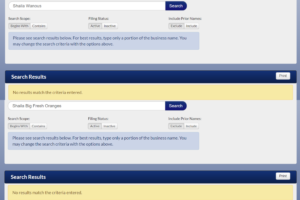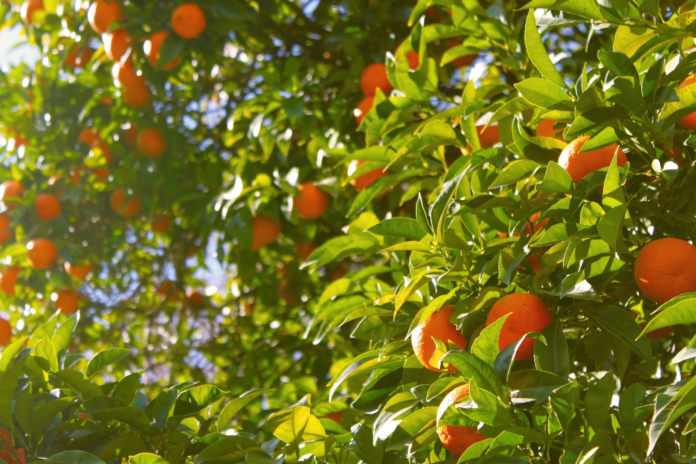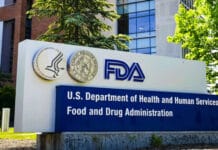It is impossible to farm oranges in Minnesota, but this has not stopped the government from paying out tens of thousands of dollars in coronavirus-related aid to two apparently fake orange groves in the state.
Orange trees die when temperatures dip below 35 degrees and do best when the thermometer hovers closer to 100 degrees. For this reason, oranges and other citrus fruits are not cultivated in Minnesota’s frigid northern climate. However, two Mantorville businesses claim to have done the impossible and have received or been approved to receive taxpayer dollars to keep them afloat amidst the coronavirus pandemic.
Both “Shaila Big Fresh Oranges” and an entity simply called “Shaila Wanous” were approved for loans under the Paycheck Protection Program (PPP). These loans are worth $17,931 and $20,833 respectively. Loans given under the PPP are forgivable in most cases— not that loans taken out by fraudulent entities are likely to be repaid anyway.
According to federal records, Shaila Big Fresh Oranges has received its money while Shaila Wanous has been approved for a payment which was not yet disbursed as of April when the database last updated.
While it is difficult to say for certain that these businesses aren’t real, neither one is registered with the office of the Minnesota Secretary of State. Also, Alpha News could not locate any online information about these entities other than records of the PPP payments.

Further, the apparent scheme propagated by Mantorville’s most prolific citrus-growing operations is not unique. Rather, ProPublica positively identified 378 fake farms that have received PPP money. These fake agriculture operations have sucked up about $7 million, according to the same outlet.
An aptly named private intermediary organization called Kabbage processed all of the loans for these fake farms. Kabbage helped secure funds for organizations like potato fields in Palm Beach and a cattle ranching operation fraudulently registered to the mayor of Long Beach, N.J., ProPublica says. A tree nut farm supposedly located in downtown Beach Haven, N.J., called “Deely Nuts” received $20,833.
Unfortunately, this problem extends far beyond shadowy farms with humorous names.
The Small Business Administration’s Inspector General estimates that 55,000 potentially ineligible businesses were approved to receive PPP stimulus checks, totaling “approximately $7 billion.” Another 43,000 entities were given more money than their actual expenses can justify, costing nearly $12 billion.
The federal government is aware of this issue and has recently begun a new round of crackdowns against offenders. One high-profile case has a Florida man facing up to 40 years in prison for fraudulently securing over $2 million that he used to fund a new boat and lavish lifestyle.
Meanwhile, 200,000 legitimate U.S. businesses were forced to close their doors forever after COVID lockdowns slashed their bottom line, per the Wall Street Journal.
















